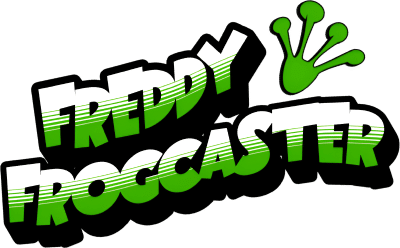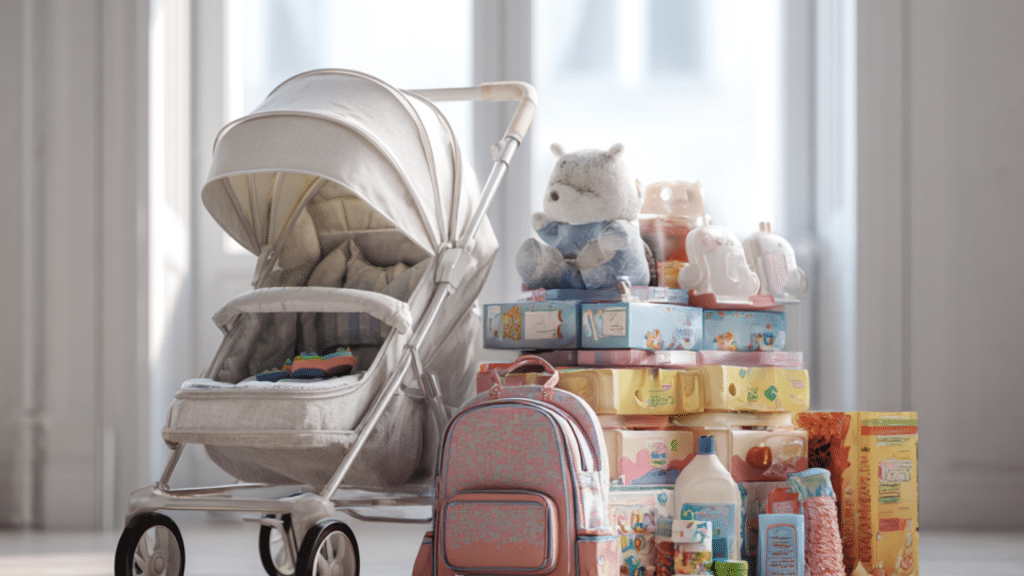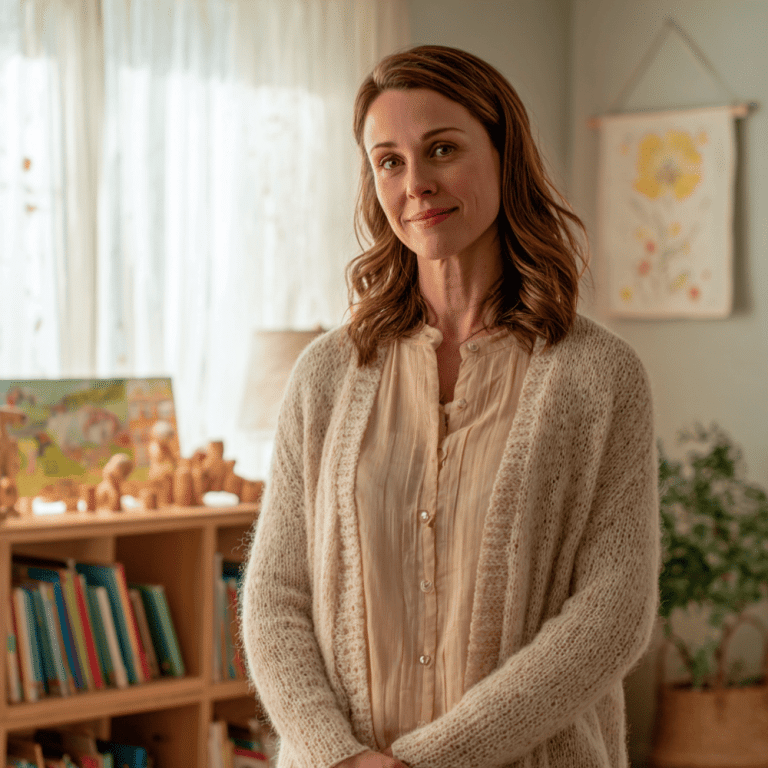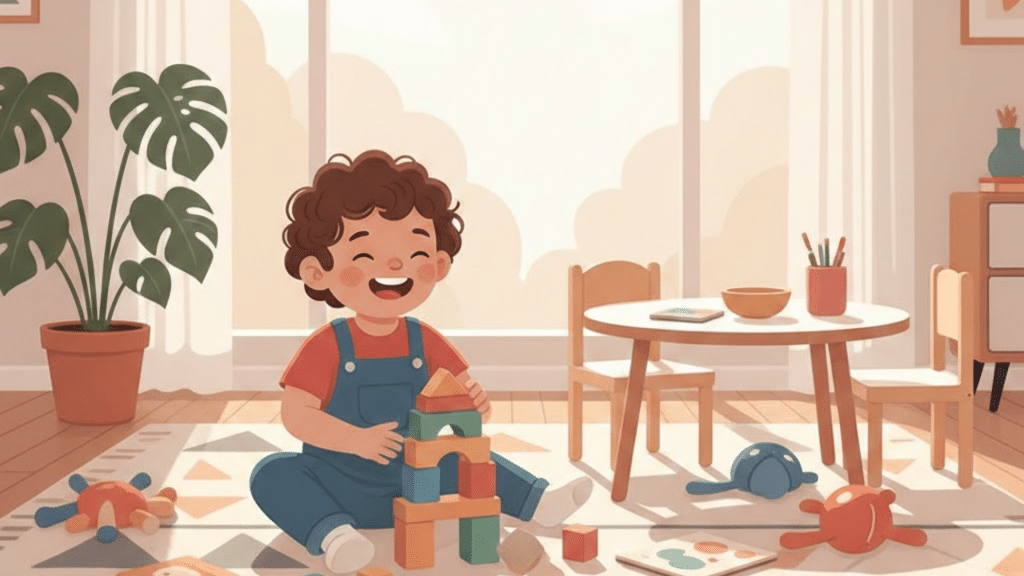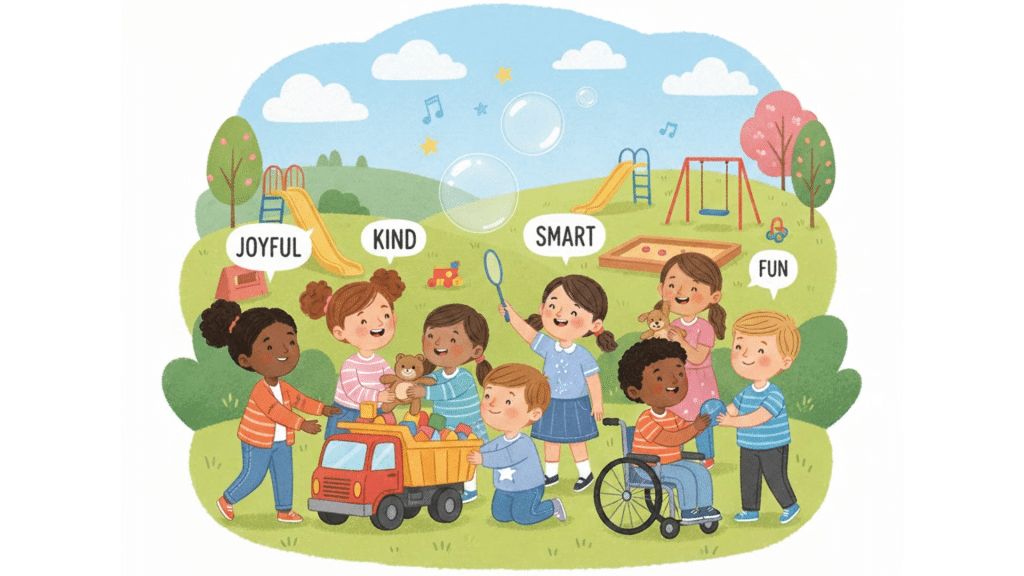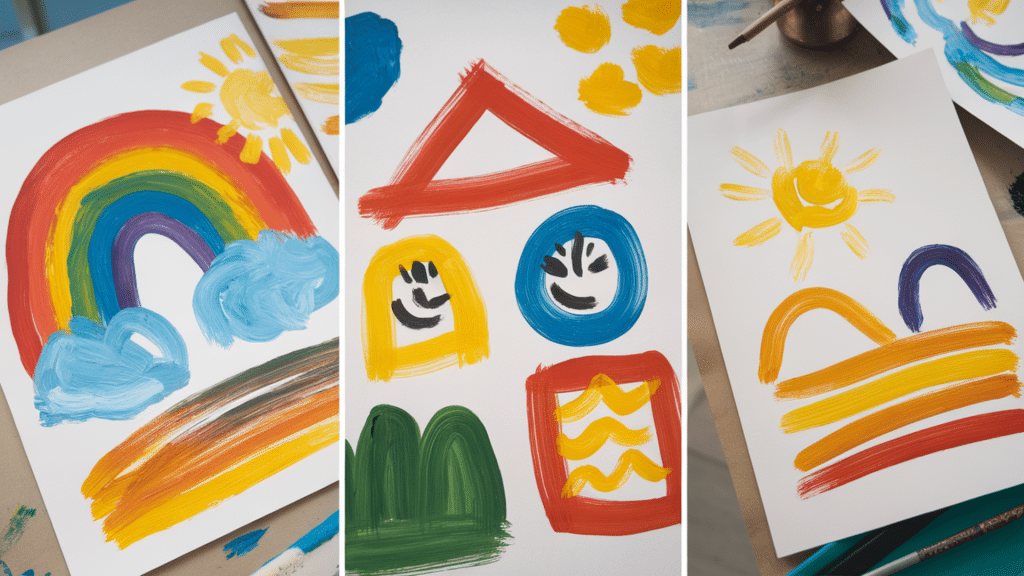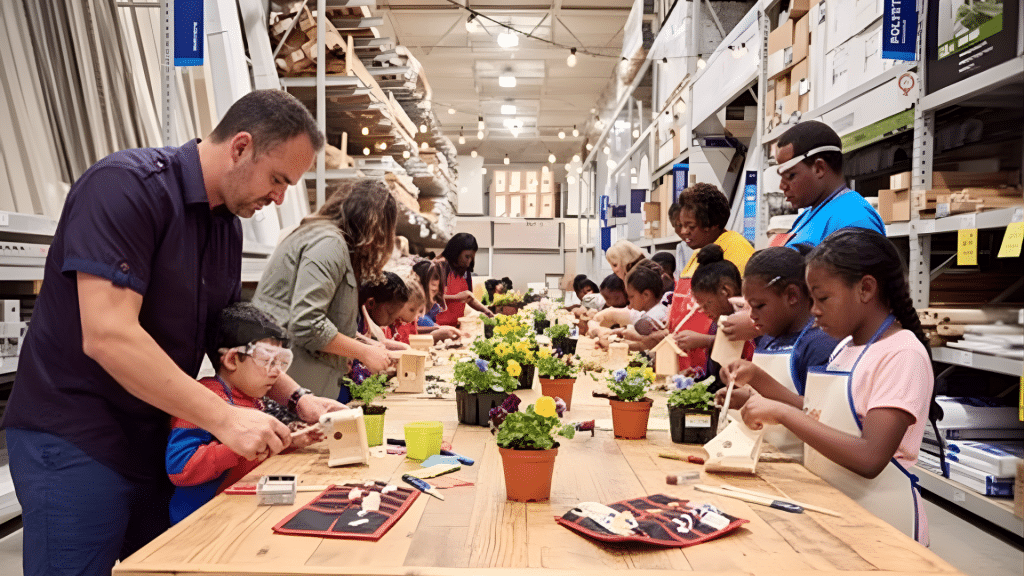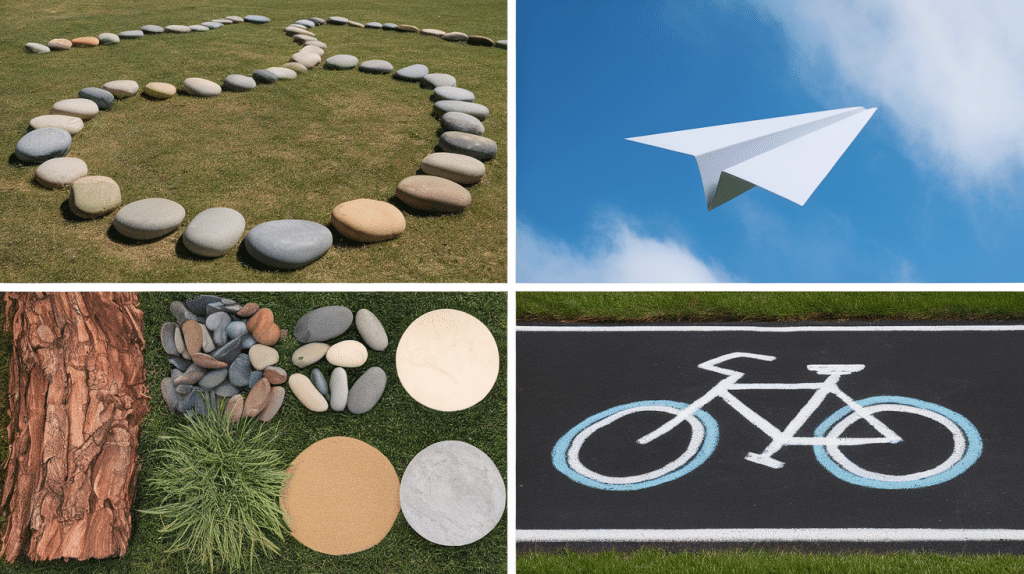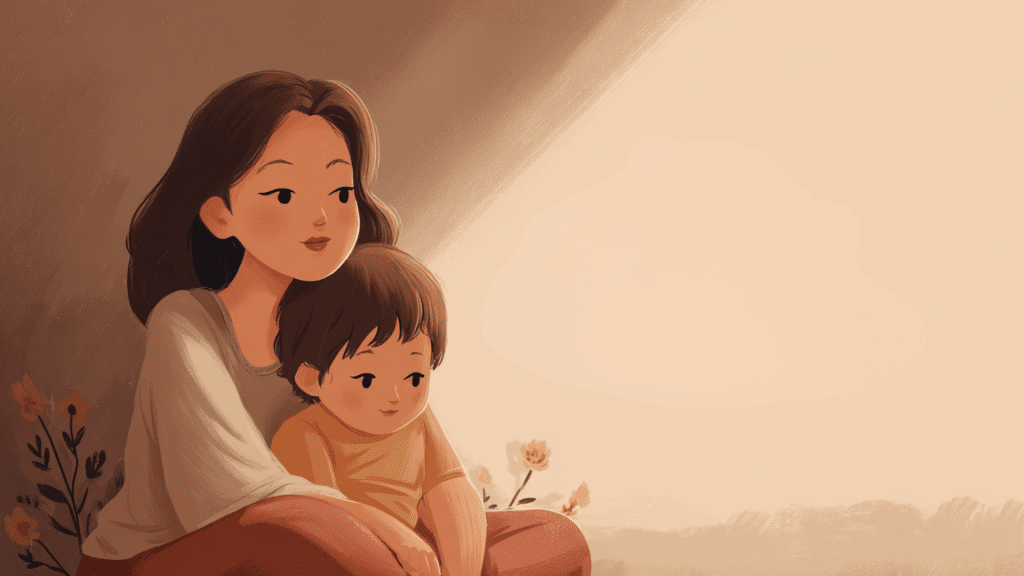Bringing home a newborn is exciting, but it also comes with one big question: What do you really need?
Baby stores are full of gear, but not all of it is essential in those first weeks. I once spent hours making lists and comparing products, only to realize that the basics matter most.
In this guide, I’ll walk you through the top things a baby needs, plus a complete checklist organized by category. You’ll also find tips for smart shopping and guidance on deciding between a minimal or comprehensive setup.
Must-Have Things for Newborn Babies
These are the items you truly need when welcoming a newborn. With just these basics, you’ll be prepared for daily care, safety, and comfort without spending on unnecessary extras.
1. Car Seat (For Safety & Transport)
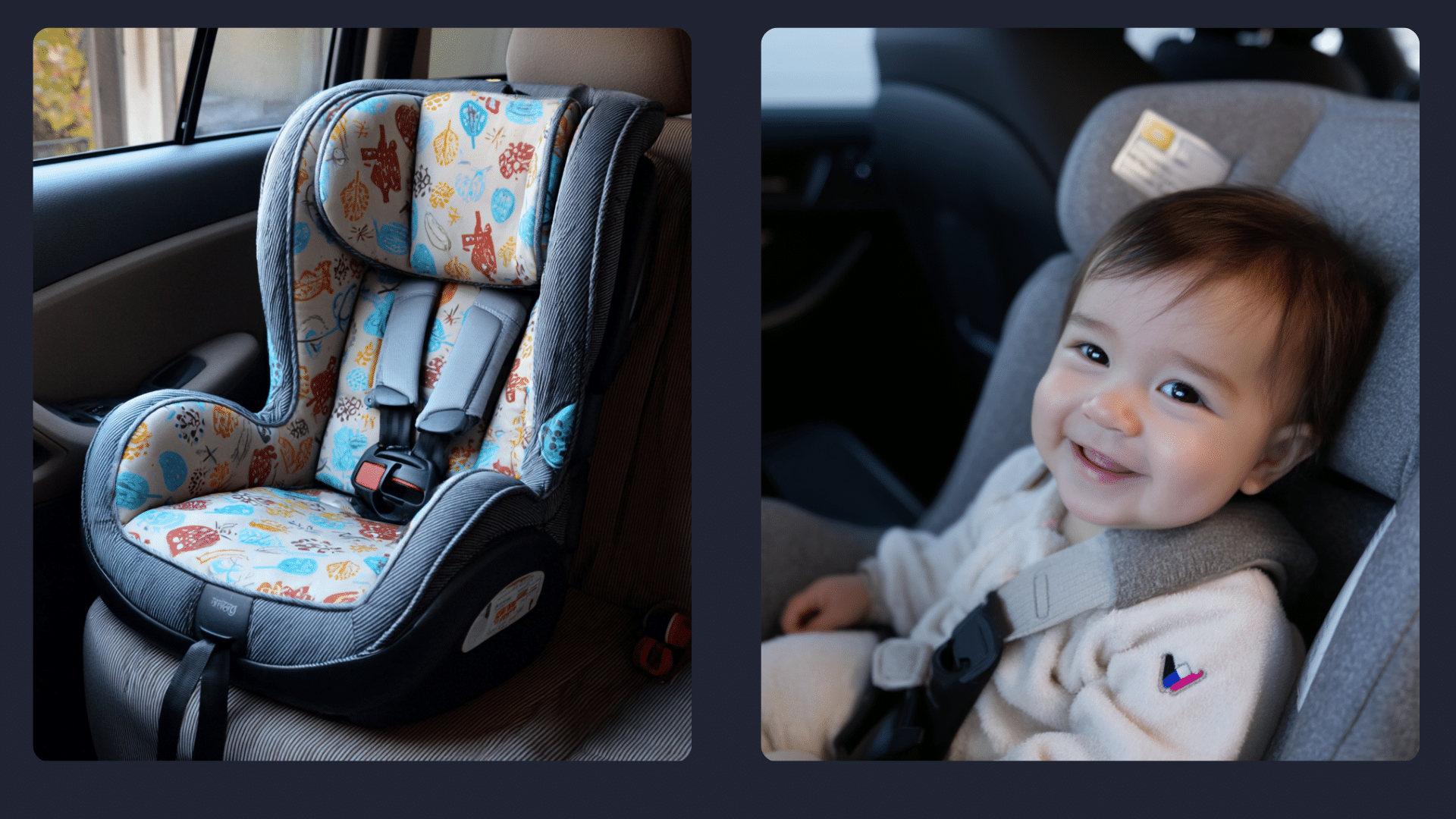
A car seat is the safest way to bring your baby home and take them anywhere. Hospitals won’t let you leave without one. Look for a rear-facing infant seat that fits securely in your car.
Make sure it meets current safety standards. Practice installation before your due date. Using it correctly is just as important as owning it.
2. Safe Sleep Space (Crib, Bassinet, or Pack-and-Play)
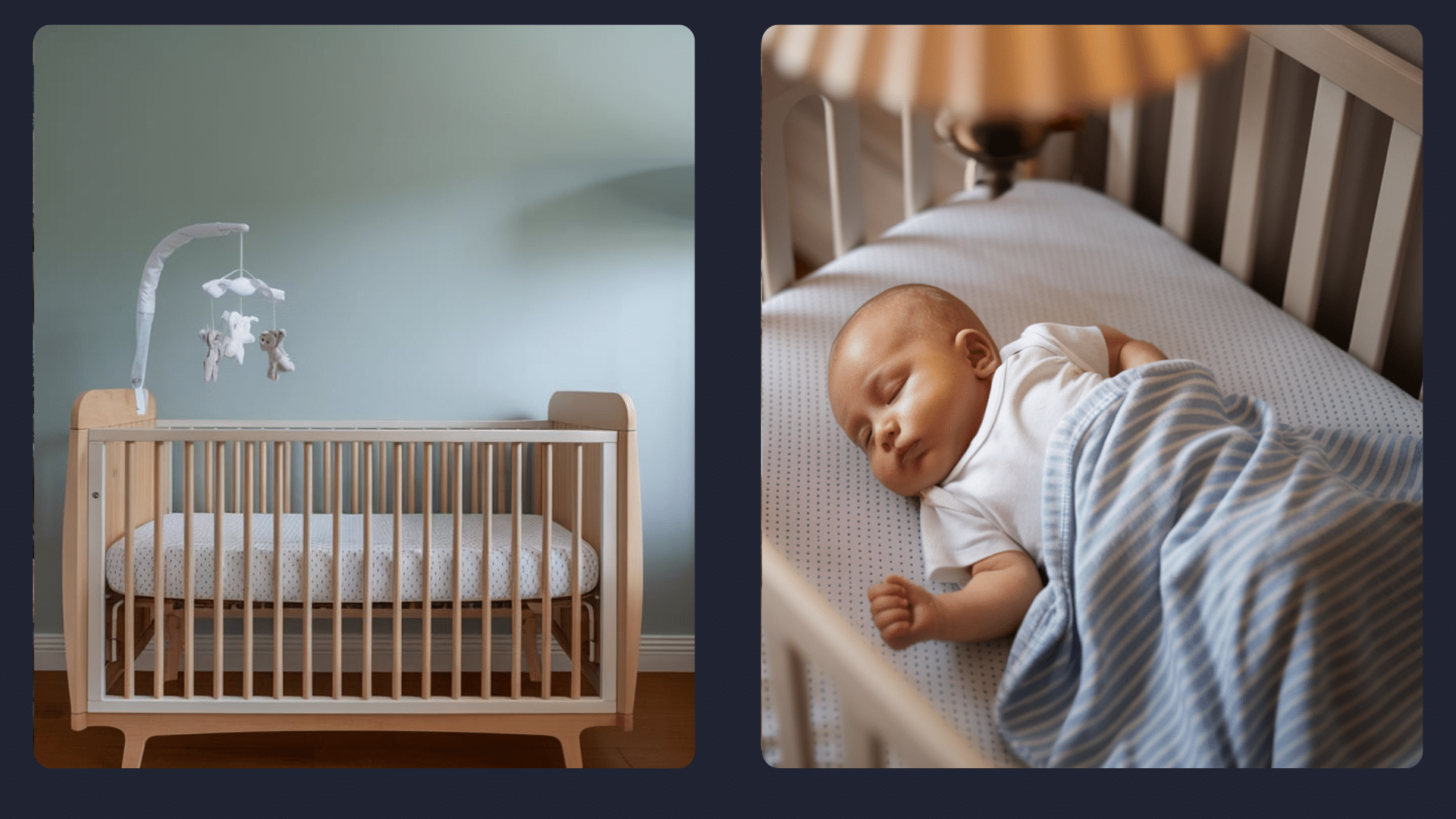
Your baby will sleep many hours each day, so a safe sleep space is essential. A crib, bassinet, or pack-and-play works well. Always use a firm mattress with a fitted sheet.
Keep the sleep area free of pillows, toys, and blankets. Choose what fits your space best. Some parents prefer a bassinet near their bed, while others use a crib right away.
3. Diapers & Wipes
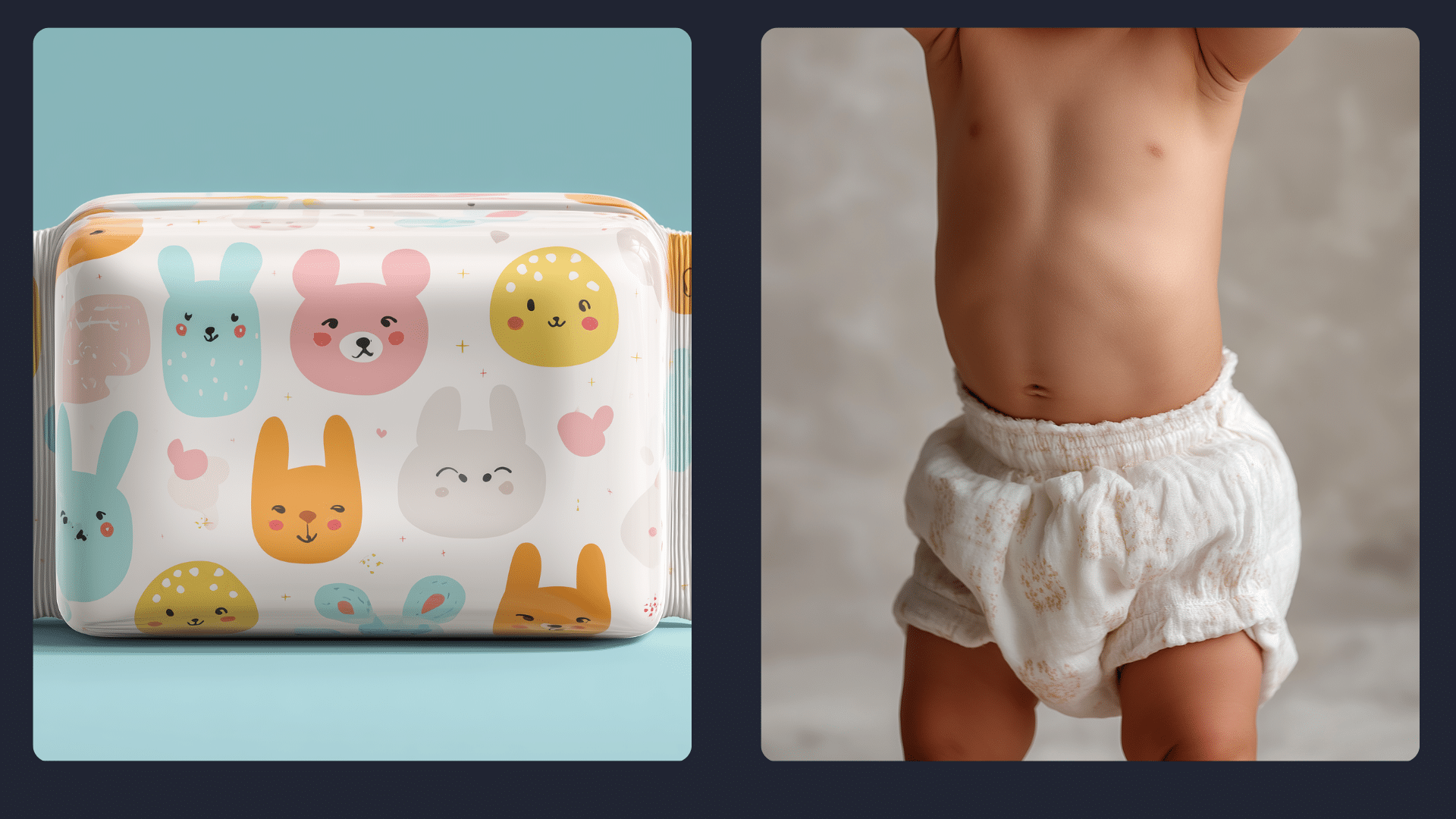
Diapers are something you’ll use nonstop in the first year. Expect up to a dozen changes each day. Stock up in small amounts at first.
Babies grow fast and may outgrow sizes sooner than you expect. Wipes are equally important for quick clean-ups. Keep some in every room and in your diaper bag.
4. Baby Clothing Basics (Onesies, Sleepers, Socks)
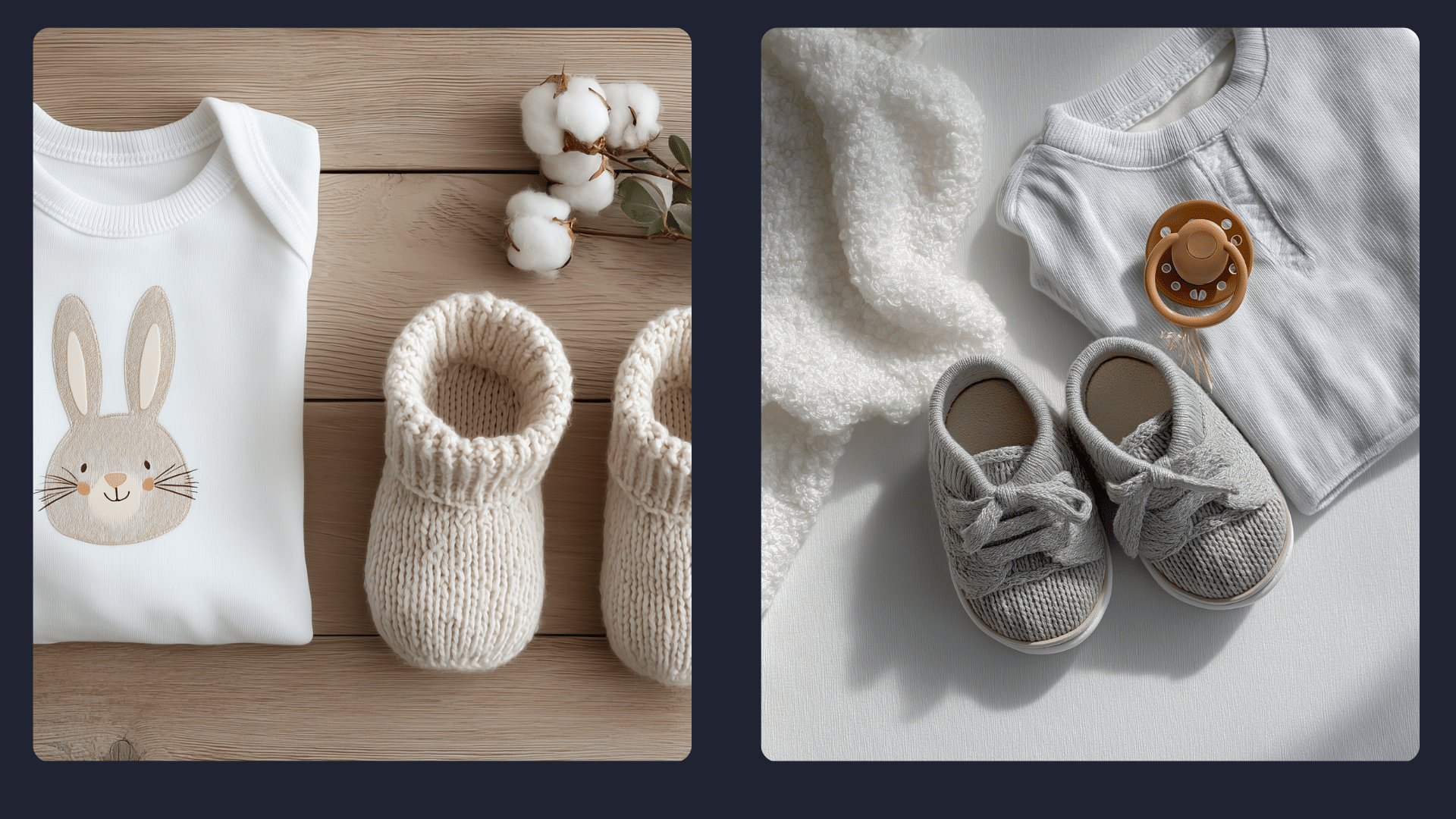
Newborns don’t need a full closet. A few onesies, some sleepers, and soft socks are plenty to start. Babies spit up and have diaper leaks often, so you’ll use several outfits each day.
Cotton is best. Avoid buying too much in newborn sizes. Many babies outgrow them within just a few weeks.
5. Feeding Supplies (Bottles, Breast Pump if Needed, Nursing Pillow)
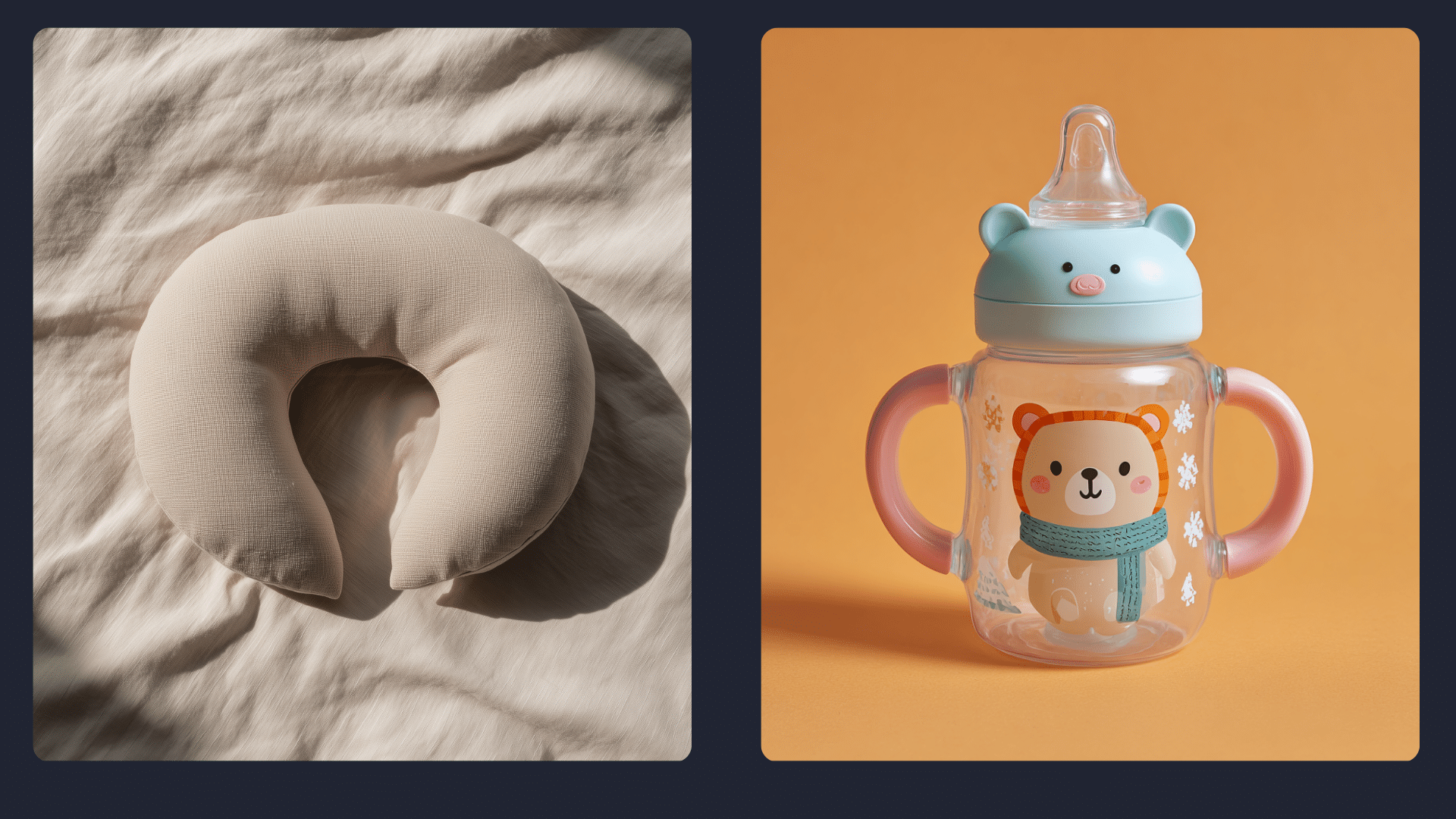
Feeding takes up much of your day, so simple supplies help. Bottles or a breast pump can make life easier. If you plan to breastfeed, a nursing pillow adds comfort and support during long feeds.
Don’t feel pressured to buy everything at once. Start small and add items as you learn your needs.
6. Burp Cloths & Swaddles
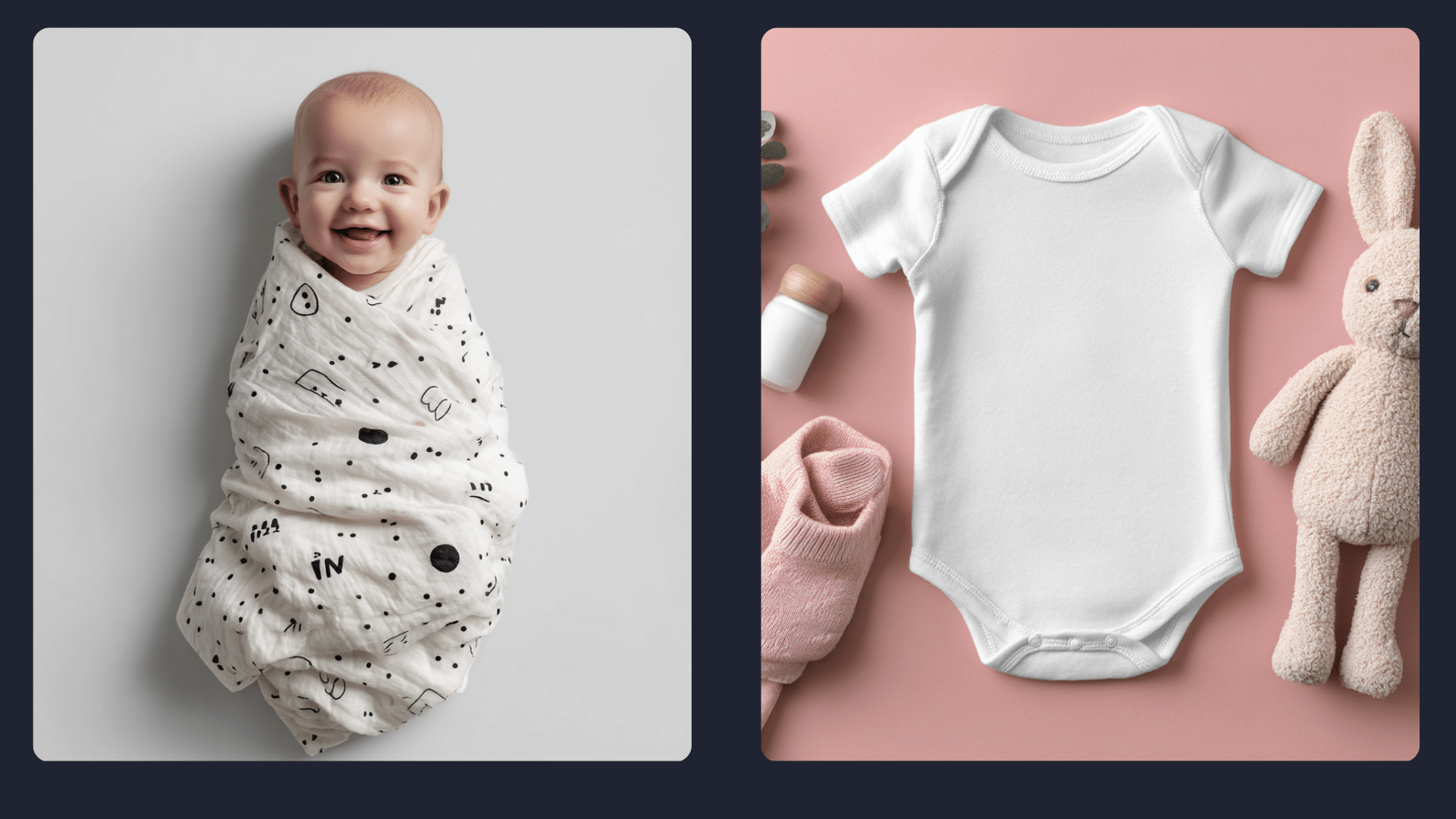
Burp cloths are lifesavers for spit-ups. Keep a few nearby to save your clothes and furniture. Swaddles help babies feel calm and secure.
They also reduce startle reflexes that disturb sleep. Try both traditional blankets and zip swaddles. Every baby responds differently, so variety helps.
7. Baby Carrier or Stroller
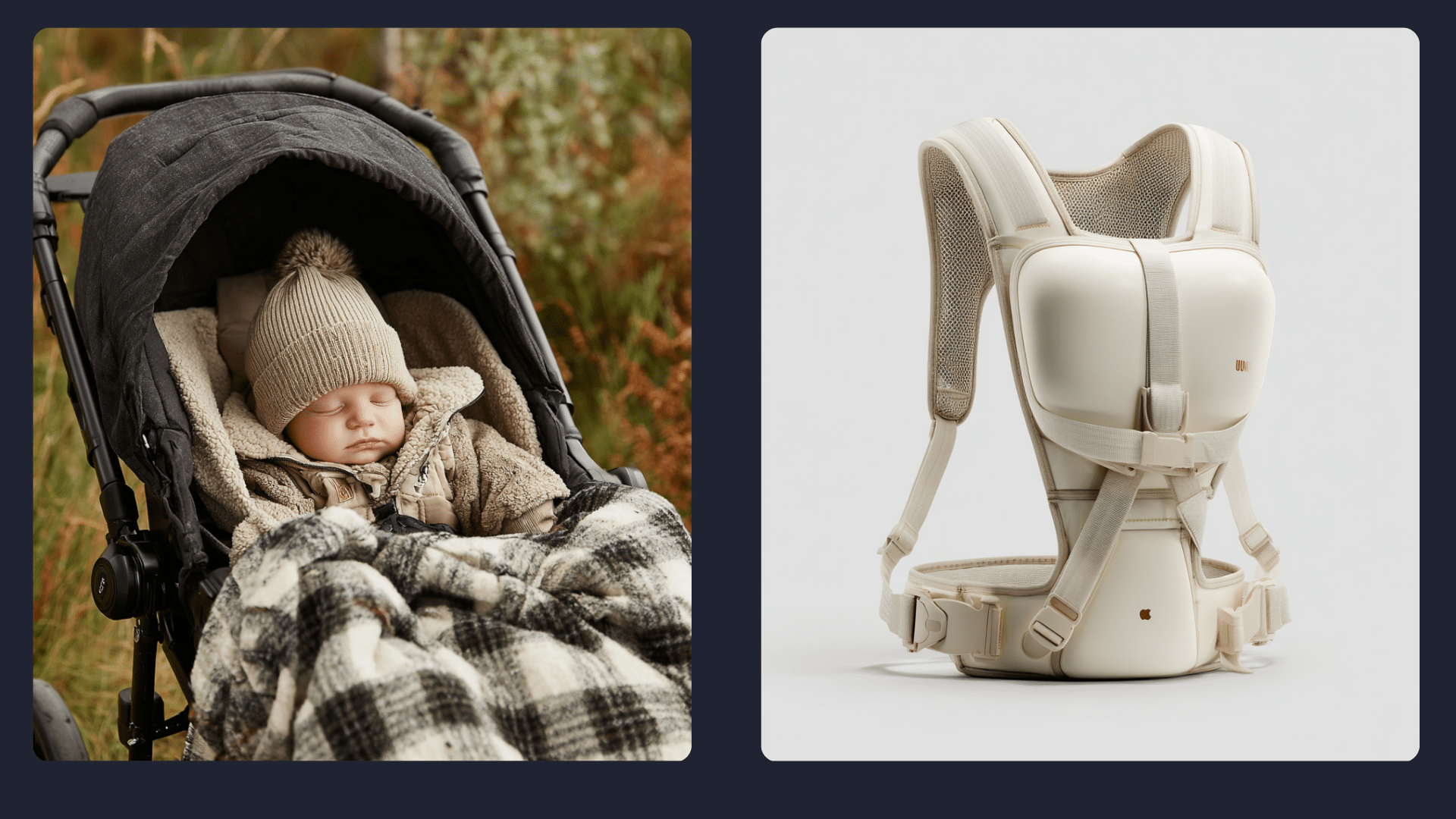
You’ll need a safe way to get around with your baby. Carriers keep them close; strollers work for longer outings. Carriers are great for soothing fussy babies while leaving your hands free.
Many parents use them indoors, too. If you’re on a budget, start with one option. You can always add the other later if needed.
8. Bath Basics (Baby Tub, Soap, Towel)
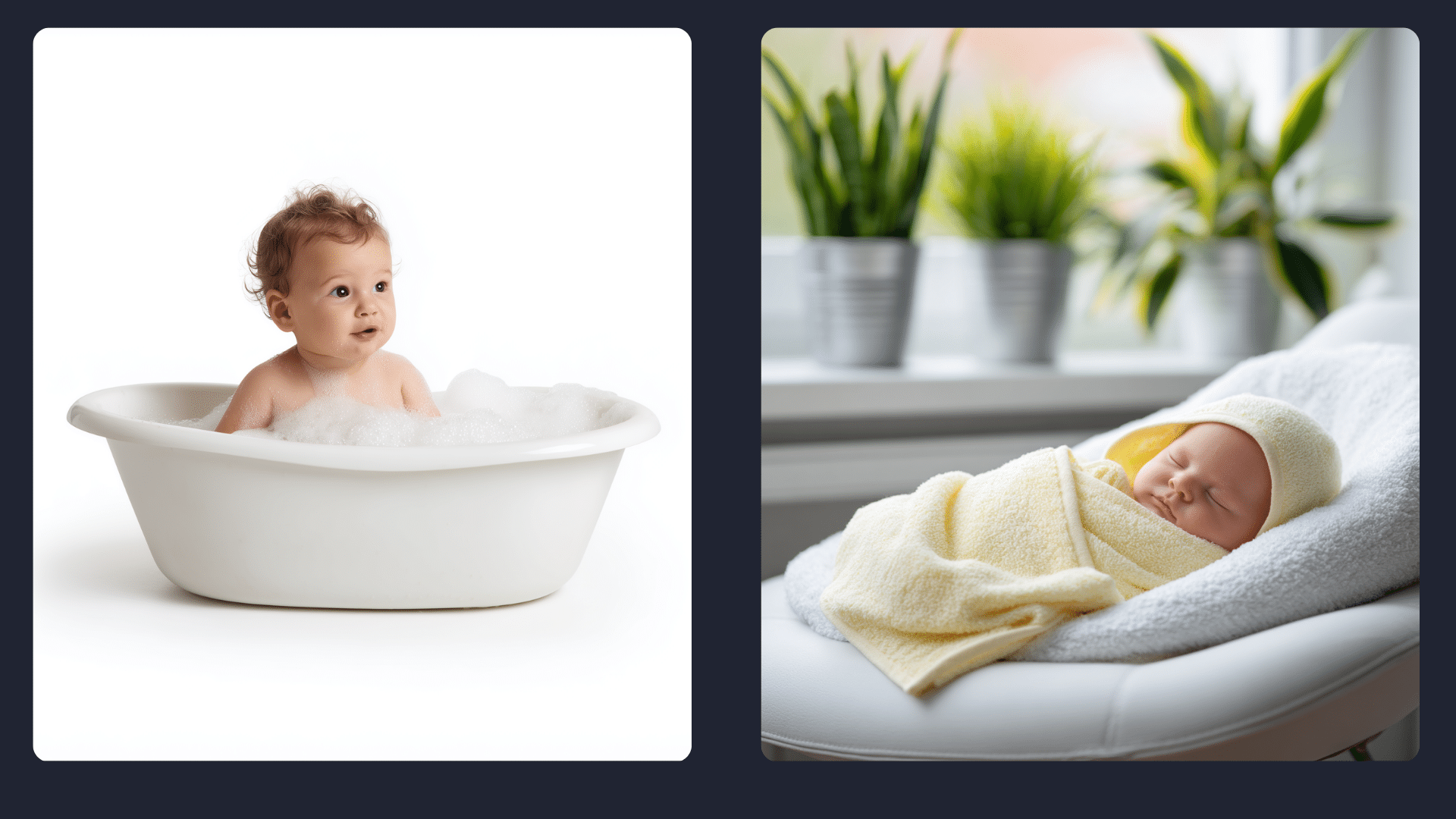
Bathing a newborn is simple. A small tub, gentle soap, and a soft towel are all you really need. Newborns don’t need daily baths. Two or three times a week is plenty in the first months.
Always use mild, fragrance-free soap. Hooded towels are nice, but any soft towel works fine.
9. Diaper Cream & Changing Essentials
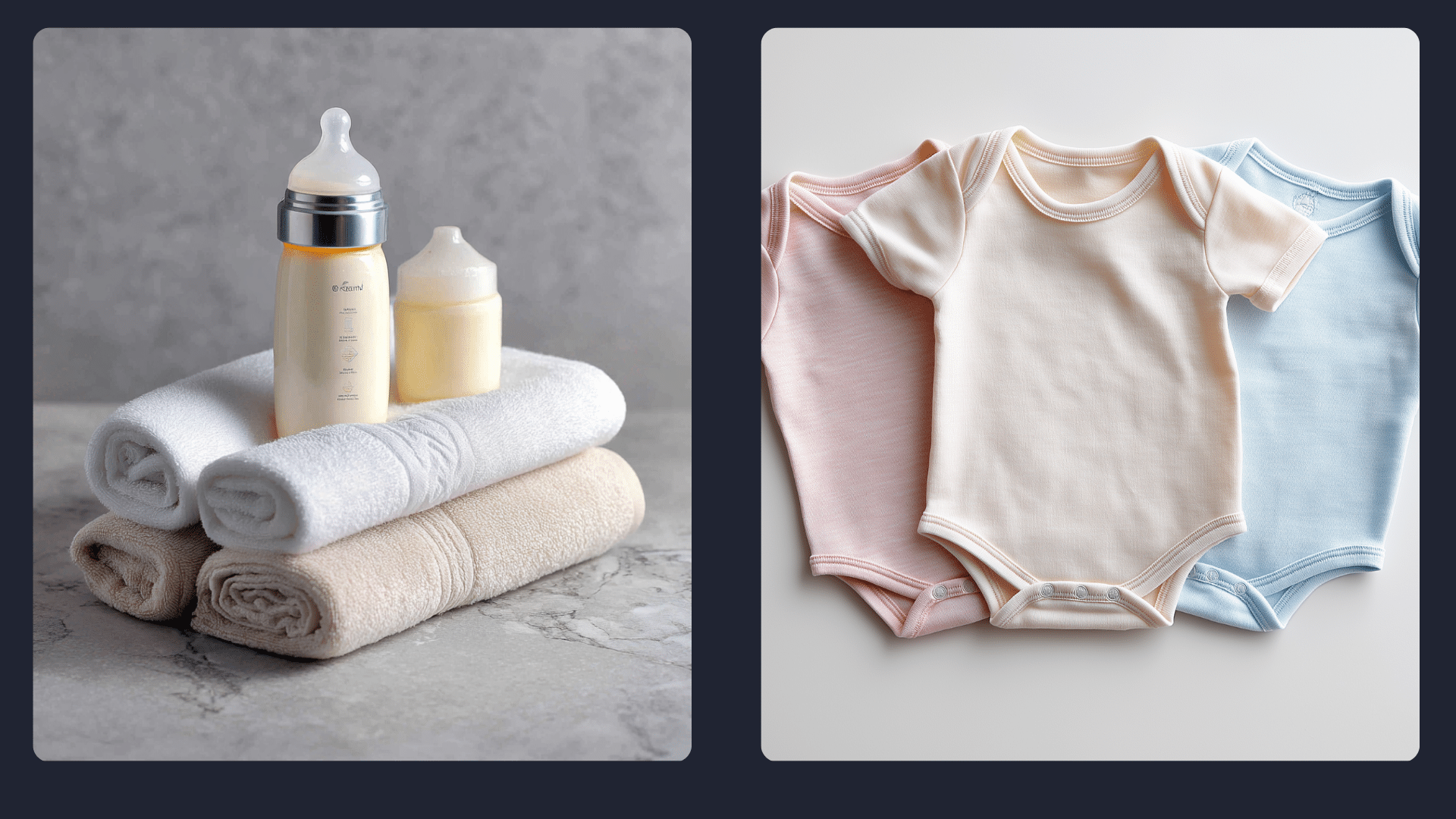
Diaper cream prevents and treats rashes, which are common in babies. Keep a tube nearby at all times. For changing, all you need is a safe, clean surface.
A portable pad or towel works perfectly. Fancy tables aren’t necessary. What matters most is making changes quickly, safely, and comfortably.
10. Love, Time, and Attention
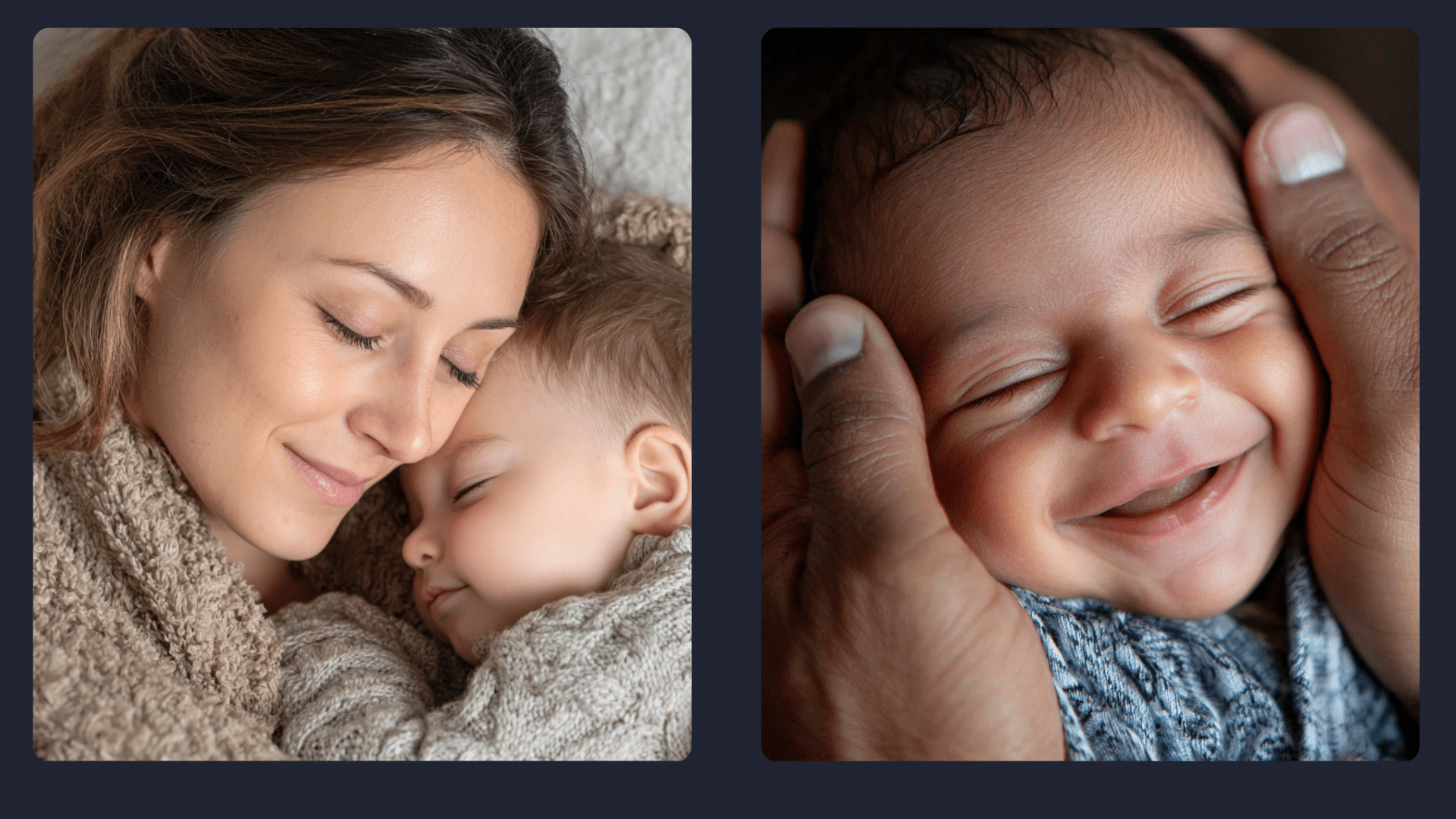
Your baby’s biggest need isn’t a product — it’s you. Love and patience matter more than any gear you buy. Holding, talking, and responding to your baby builds trust.
These daily moments form the foundation of bonding. You don’t have to be perfect. Showing up and caring each day makes the biggest difference.
The Complete Newborn Checklist
This list is organized by category so you can skim quickly. It covers everything from safety to comfort, providing a comprehensive overview of what your baby may need.
Safety & Travel
- Car seat – required for every ride, even when leaving the hospital.
- Stroller – makes errands and walks easier for both you and your baby.
- Baby carrier – keeps your baby close while leaving your hands free.
- Diaper bag – stores diapers, wipes, bottles, and small essentials for outings.
Sleep
- Crib or bassinet – provides a safe, flat space for sleep.
- Fitted sheets – easy to change and wash after accidents.
- Mattress protector – keeps the mattress clean and dry.
- Baby monitor – gives peace of mind when you’re in another room.
Feeding
- Bottles – useful for both formula and pumped milk.
- Breast pump – helps with flexibility if you plan to pump.
- Formula or nursing gear – based on how you choose to feed your baby.
- Bibs and burp cloths – keep feeding time cleaner and easier.
Clothing
- Onesies – soft everyday wear for comfort.
- Sleepers – zip-up outfits for quick nighttime changes.
- Hats – help newborns stay warm.
- Socks – keep little feet cozy.
- Mittens – stop babies from scratching their faces.
Diapering & Hygiene
- Diapers – you’ll need plenty each day.
- Wipes – quick and gentle for cleaning during changes.
- Diaper pail – helps contain odors in the nursery.
- Changing pad – safe, wipeable surface for diaper changes.
- Diaper cream – prevents and soothes rashes.
Bath & Grooming
- Baby tub – makes bath time safe and comfortable.
- Soft towels – wrap your baby warmly after baths.
- Washcloths – gentle on newborn skin.
- Baby-safe soap – mild and fragrance-free for sensitive skin.
- Thermometer – checks bath water temperature.
- Baby brush – soft bristles for fine hair and scalp care.
Comfort & Development
- Pacifiers – soothe and calm fussy babies.
- Swaddles – help babies feel secure and sleep better.
- Activity mat – safe spot for tummy time and play.
- Soft toys – provide comfort and early interaction.
- Books – simple stories are great for bonding and learning.
Minimal vs. Comprehensive: Which Is Right for You?
Choosing between a minimal or comprehensive list depends on your budget, space, and lifestyle. Here are some simple ways to decide:
| Minimal Approach | Comprehensive Approach |
|---|---|
| Great for budget-conscious or minimalist parents. | Ideal for parents who want full comfort and convenience. |
| Stick to essentials like a car seat, a safe sleep space, diapers, wipes, and feeding basics. | Includes extras like a baby monitor, diaper pail, activity mat, and more. |
| Keeps costs lower and avoids clutter at home. | Provides peace of mind and makes daily routines smoother. |
| You can always add items later as needs come up. | Gives you everything upfront, so you’re prepared for any situation. |
Tips for Smart Baby Shopping
Shopping for a newborn can feel overwhelming, but a few smart choices can make it easier. These tips help you save money, avoid clutter, and focus on what really matters.
- Focus on safety and practicality– Always prioritize items like a car seat or crib that meet safety standards. Skip flashy extras that don’t add real value.
- Borrow or buy secondhand for non-safety items – Gear like clothes, carriers, or bassinets can often be borrowed or found secondhand. Just avoid secondhand car seats or cribs, since safety may be compromised.
- Avoid overbuying newborn-size clothes – Babies outgrow newborn sizes quickly, sometimes in just a few weeks. Stock up on clothing for babies 0–3 months instead.
- Build your list gradually – Use a baby registry or take small shopping trips over time. This helps spread out costs and prevents buying things you won’t use.
Conclusion
Preparing for a newborn doesn’t have to mean filling your home with endless gear. You’ve now learned about the top things a baby needs, a complete newborn checklist, and tips for making smart shopping choices.
I once believed I needed every product on the market, but experience taught me that starting with the basics is enough.
From car seats to swaddles, what matters most is safety, comfort, and love. Keep it simple, add extras only as needed, and enjoy the process.
If you found this helpful, share it with another parent-to-be today.
